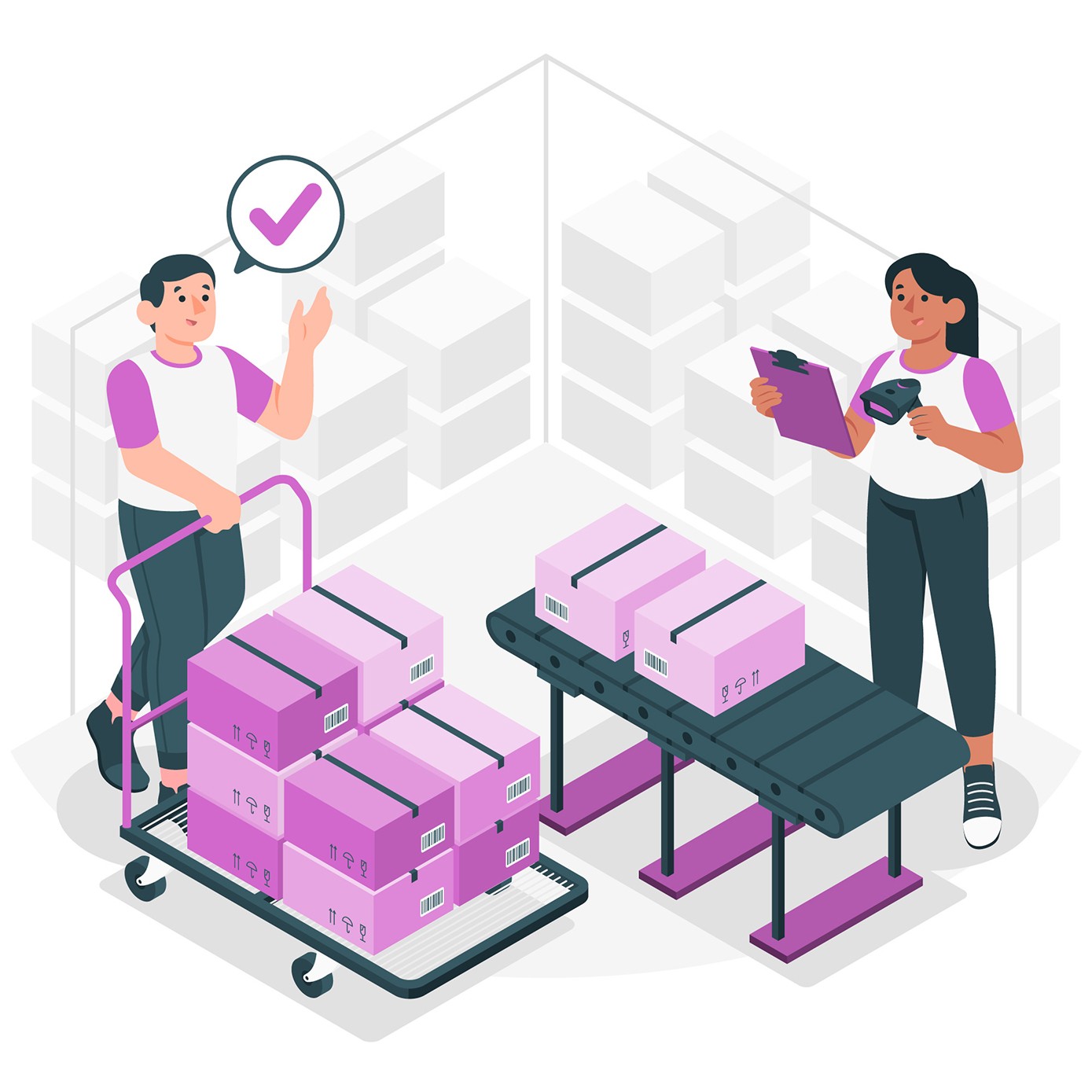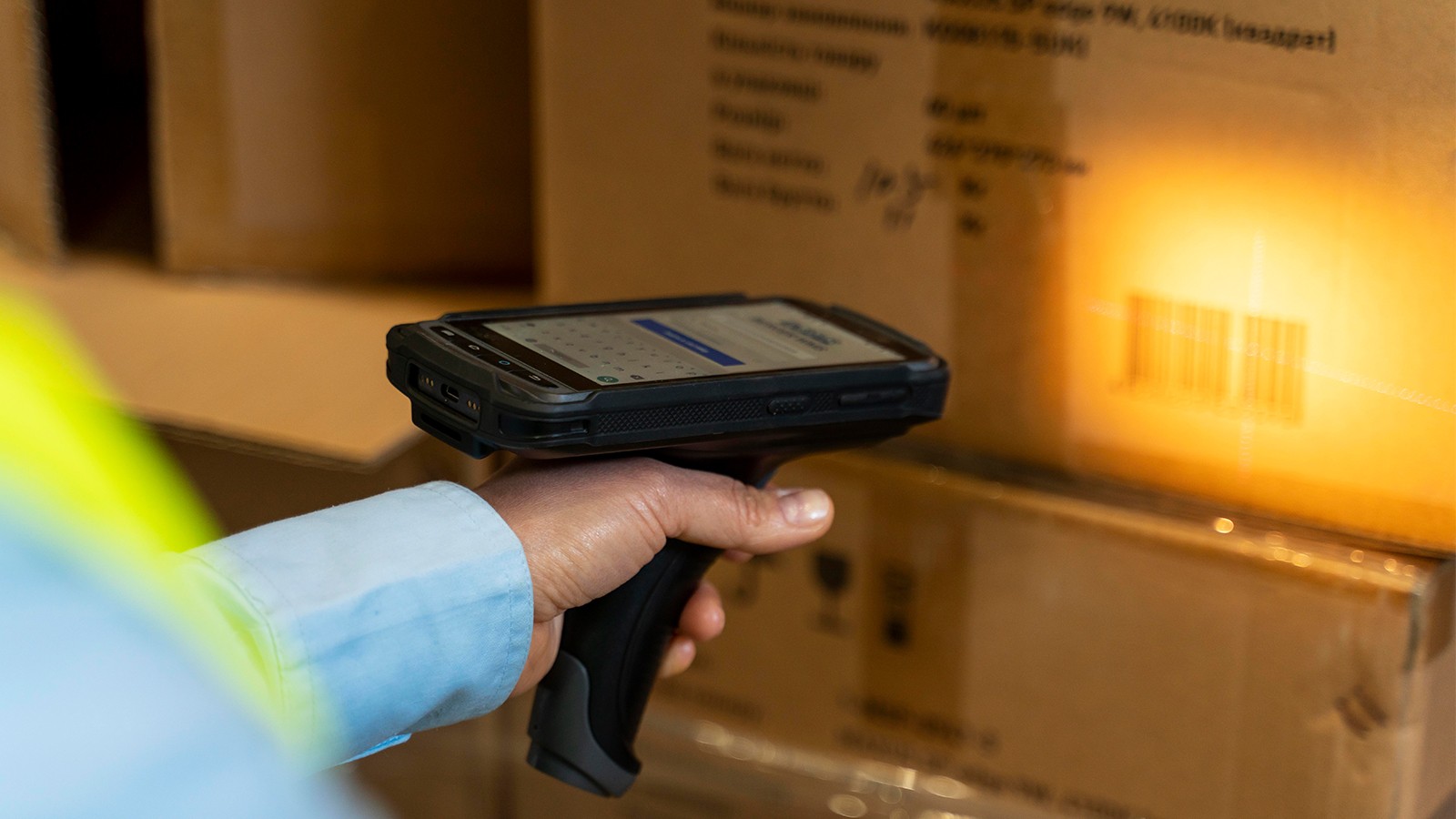E-commerce Package Spot-Checks: What's Behind the Increase in the Philippines and Malaysia?

Reasons for the Increase in Spot-Checks
Regulatory Compliance
In recent times, both the Philippines and Malaysia have introduced new e-commerce regulations. These regulations aim to raise the bar for product safety and quality standards. For instance, the Philippines has implemented the Internet Transaction Act (ITA), which took effect on June 5, 2025. This law is comprehensive, covering various aspects of e-commerce transactions. It mandates that sellers provide government-issued business registration documents such as DTI/SEC certificates, and for those dealing with regulated products like food and cosmetics, they must obtain specific sales licenses like FDA LTO and have PS/ICC numbers. This ensures that the products on the market meet the set national quality and safety benchmarks. Similarly, Malaysia has also updated its consumer protection laws to be more stringent for e-commerce products. With these new regulations in place, warehouses need to conduct more random inspections to ensure that the products they handle comply with the law. Sellers who fail to meet these standards may face severe penalties, including fines and the suspension of their business operations. Thus, to avoid legal issues and maintain a good standing in the market, businesses are compelled to ensure their products are compliant through increased spot-checks.
Read more about PS and ICC application requirements here.
Consumer Protection
Today's consumers in the Philippines and Malaysia are more informed and demanding than ever before. They expect the products they purchase, whether online or offline, to be of high quality and safe for use. For example, in Malaysia, with the growth of e-commerce, consumers have become more vocal about their experiences. If they receive a product that is defective, has incorrect labeling, or poses a safety risk, they are quick to voice their dissatisfaction on social media platforms or through official consumer complaint channels. These negative experiences can spread rapidly, causing damage to the reputation of both the seller and the e-commerce platform. To protect consumers from such issues, warehouses are stepping up random inspections. By doing so, they can identify and remove substandard products before they reach the consumers' hands. This not only safeguards the rights and safety of consumers but also helps build trust between consumers and e-commerce platforms. When consumers feel that their concerns are being addressed and that they are likely to receive quality products, they are more likely to continue shopping online, contributing to the growth of the e-commerce industry.
Market Competition
The e-commerce market in the Philippines and Malaysia is highly competitive, with numerous local and international players vying for a share of the market. In such a competitive environment, ensuring fair competition is crucial. Random inspections play a significant role in this regard. There have been cases where some unscrupulous sellers try to gain an unfair advantage by selling counterfeit or low-quality products at lower prices. For example, in the Philippines, some sellers have been found to sell fake branded items on e-commerce platforms, which not only cheats consumers but also undermines the business of legitimate sellers. These practices disrupt the market equilibrium and create an uneven playing field. Through increased random inspections, warehouses can detect such fraudulent activities and take appropriate action. This can involve removing the noncompliant products from the market, suspending the seller's account, or even reporting the matter to the relevant authorities. By doing so, it helps to maintain a fair and healthy market environment where businesses can compete based on the quality of their products and services rather than on unethical practices. This, in turn, encourages innovation and growth in the e-commerce sector as businesses strive to offer better products to attract customers.
Read more data views here.
Impact on E-commerce Businesses
Positive Aspects
For e-commerce businesses, the increase in spot-checks in Philippine and Malaysian warehouses can have several positive implications. Firstly, it acts as a powerful incentive for businesses to enhance their product quality. With the looming threat of random inspections, sellers are more motivated than ever to source high-quality products, improve their manufacturing processes, and conduct more rigorous in-house quality control. For example, a local fashion brand in the Philippines that sells its products through e-commerce platforms has started to work with more reliable fabric suppliers and has increased the frequency of its internal quality checks. This not only reduces the risk of product rejection during warehouse spot-checks but also leads to higher customer satisfaction in the long run. Satisfied customers are more likely to become repeat customers, which is beneficial for the long-term development of the business.
Secondly, the market becomes more standardized. As non - compliant products are gradually removed from the market due to spot-checks, it creates a more level playing field for all e-commerce businesses. High-quality products and legitimate sellers can gain more opportunities to shine. In Malaysia, for instance, small and medium-sized enterprises (SMEs) that have always adhered to high-quality standards are now seeing an increase in their market share as consumers become more confident in their products. This encourages healthy competition based on product quality and innovation rather than price-cutting through the sale of low-quality goods.
Challenges
However, e-commerce businesses also face certain challenges due to these increased spot-checks. One of the most immediate challenges is the increase in costs. Conducting in-house quality control measures to meet the higher standards set by warehouse spot-checks can be expensive. Businesses may need to invest in better quality inspection equipment, hire more quality control staff, or work with more expensive but reliable suppliers. For example, an electronics seller in the Philippines had to purchase new testing equipment to ensure that the electronic products it sells meet the safety and quality standards required by the warehouses. These additional costs may eat into the profit margins of the business, especially for small-scale e-commerce operators.
Another significant challenge is the potential for penalties and reputation damage in case of noncompliance. If a business's products are found to be substandard during a spot-check, they may face penalties such as fines, product recalls, or even the suspension of their e-commerce accounts. In Malaysia, a beauty product seller had its account suspended for three months after its products failed a spot-check due to incorrect labeling and the presence of prohibited ingredients. This not only led to a direct loss of revenue during the suspension period but also severely damaged the brand's reputation. Customers may lose trust in the brand and switch to other competitors, which can be difficult to recover from in the highly competitive e-commerce market.

How Spot-Checks are Conducted
Sampling Methods
Warehouses in the Philippines and Malaysia mainly adopt random sampling methods for e-commerce products. For example, in a large-scale e-commerce warehouse in Malaysia, they use a random number generator to select product batches for inspection. This ensures that every product in the warehouse has an equal chance of being selected, reducing the possibility of sampling bias. Another common method is stratified sampling. In the Philippines, when dealing with different product categories in an e-commerce warehouse, such as electronics, clothing, and food, the warehouse will first divide the products into different strata according to their categories. Then, a certain proportion of samples are randomly selected from each stratum. This method can better represent the overall quality situation of different types of products, especially when the quality characteristics of different product categories may vary significantly.
Inspection Criteria
The inspection criteria for e-commerce products in these two countries are mainly based on national standards and industry regulations. In Malaysia, for electrical products, they must comply with the standards set by the Department of Standards Malaysia (DSM). These standards cover aspects such as electrical safety, electromagnetic compatibility, and energy efficiency. For example, a mobile phone charger sold on e-commerce platforms needs to meet specific requirements regarding insulation resistance, leakage current, and overvoltage protection. In the Philippines, for food products sold online, they are required to meet the standards of the Food and Drug Administration (FDA) Philippines. This includes requirements for food additives, microbiological limits, and proper labeling. The label should clearly indicate the ingredients, nutritional information, manufacturing date, and expiration date. If a product fails to meet these inspection criteria during spot-checks, it will be considered non-compliant.
Documentation and Record-Keeping
Documentation and record-keeping play a crucial role in the spot-check process. After the inspection is completed, detailed records are made. In a warehouse in the Philippines, they record information such as the name of the inspected product, the batch number, the inspection date, the inspection results, and the actions taken. For example, if a product is found to be noncompliant, the record will include details about the nature of the noncompliance, whether it was a quality issue, a labeling problem, or a safety concern. These records are not only important for internal reference within the warehouse but also serve as evidence for future audits and regulatory inquiries. In Malaysia, e-commerce warehouses are also required to keep records of the entire inspection process, from the sampling stage to the final determination of compliance. These records are usually stored electronically for easy retrieval and can be accessed by relevant departments, such as the Ministry of Domestic Trade and Consumer Affairs, when needed for market surveillance and regulatory purposes.
How Businesses Can Prepare
Quality Control Improvement
Businesses need to establish a comprehensive quality control system. This includes setting up strict inspection processes at every stage of the product life cycle, from raw material procurement to the final packaging of the finished product. For example, a food e-commerce business in Malaysia should source raw materials from suppliers who have a good reputation for quality and safety. They should conduct regular tests on the raw materials to ensure they meet the required standards. During the production process, multiple quality checks should be carried out, and only products that pass these checks can proceed to the next stage. This not only reduces the risk of products failing warehouse spot-checks but also improves customer satisfaction. Additionally, businesses should strengthen their management of suppliers. Regularly assess the performance of suppliers, and work closely with them to address any quality-related issues promptly. This can involve providing training to suppliers on quality standards and conducting on-site inspections of their production facilities.

Documentation and Record-Keeping
It is essential for e-commerce businesses to keep all relevant product-related documents and records. These include product specifications, test reports, certificates of compliance, and production records. For instance, an electronics seller in the Philippines should maintain detailed records of the product's safety test reports, which show that the product meets the safety standards set by the local authorities. These documents should be organized and easily accessible. In case of a warehouse spot check, businesses can quickly provide the necessary documentation to prove the compliance of their products. Moreover, records of previous inspections, whether internal or external, should also be kept. This can help businesses identify trends in product quality, address recurring issues, and show their commitment to quality improvement over time.
Staff Training
Employees play a crucial role in ensuring product compliance. Therefore, e-commerce businesses should invest in staff training. This includes training on relevant e-commerce regulations in the Philippines and Malaysia, as well as quality-control awareness. For example, customer service representatives should be trained to understand the product safety and quality requirements so that they can answer customer inquiries accurately and handle complaints related to product quality effectively. Production and quality control staff should be updated on the latest industry standards and inspection methods. Regular training sessions, workshops, and seminars can be organized to keep employees informed and equipped with the necessary knowledge and skills. This can significantly reduce the likelihood of human-error-related non-compliance issues and improve the overall quality management of the business.
At Testcoo, we understand the challenges e-commerce businesses face in dealing with warehouse spot-checks. Our services are designed to help you navigate these challenges. We offer comprehensive quality control solutions, including product inspection services that follow the strict standards of the Philippines and Malaysia. Our team of experts can assist you in setting up an effective quality control system, provide guidance on documentation and record-keeping, and even conduct training for your staff. With Testcoo by your side, you can ensure that your products meet the regulatory requirements, enhance your brand reputation, and gain a competitive edge in the e-commerce market.
Free Sample Report Performance Quality Control
Download a sample report to keep control of your supply chain!
Featured Articles
 AQL Table | How to Read It
AQL Table | How to Read It TOP 10 Common Defects in Garments Quality Inspection
TOP 10 Common Defects in Garments Quality Inspection Product Packaging and Shipment Label requirements for Amazon FBA
Product Packaging and Shipment Label requirements for Amazon FBA What Is ASTM-F2413-18? Protective Footwear Standard
What Is ASTM-F2413-18? Protective Footwear Standard How to Conduct Third-Party Quality Control Inspections for Electric Scooters
How to Conduct Third-Party Quality Control Inspections for Electric Scooters SMETA Audit-What is SMETA Audit?
SMETA Audit-What is SMETA Audit? TESTCOO Supplier Verification/Certification Service SLCP, Higg FEM, GRS, GOTS
TESTCOO Supplier Verification/Certification Service SLCP, Higg FEM, GRS, GOTS Quality Control Inspection Company in China
Quality Control Inspection Company in China What is Quality Inspection? A Complete Guide
What is Quality Inspection? A Complete Guide Guidelines for Product Inspection in India
Guidelines for Product Inspection in India
Category
- Production Inspection Service
- Factory Audit
- Softline Inspection
- Hardline Inspection
- Electrics Inspection
- Certification
- Checklist
- Manufacturers
- Quality Assurance Basics
- Products Recall
- AQL
- Guidence and Standard
- News
- Supplier Management
- Amazon
- Protective Equipment
- e-commerce quality control
- Indian Manufacturing
- Soft Goods Quality Control
- Supply Chain Management
- Supply Chain Resilience
- E-Commerce Quality Control
- ISO 2859
- Supply Chain Optimization
- Garment Industry
- Higg Index



